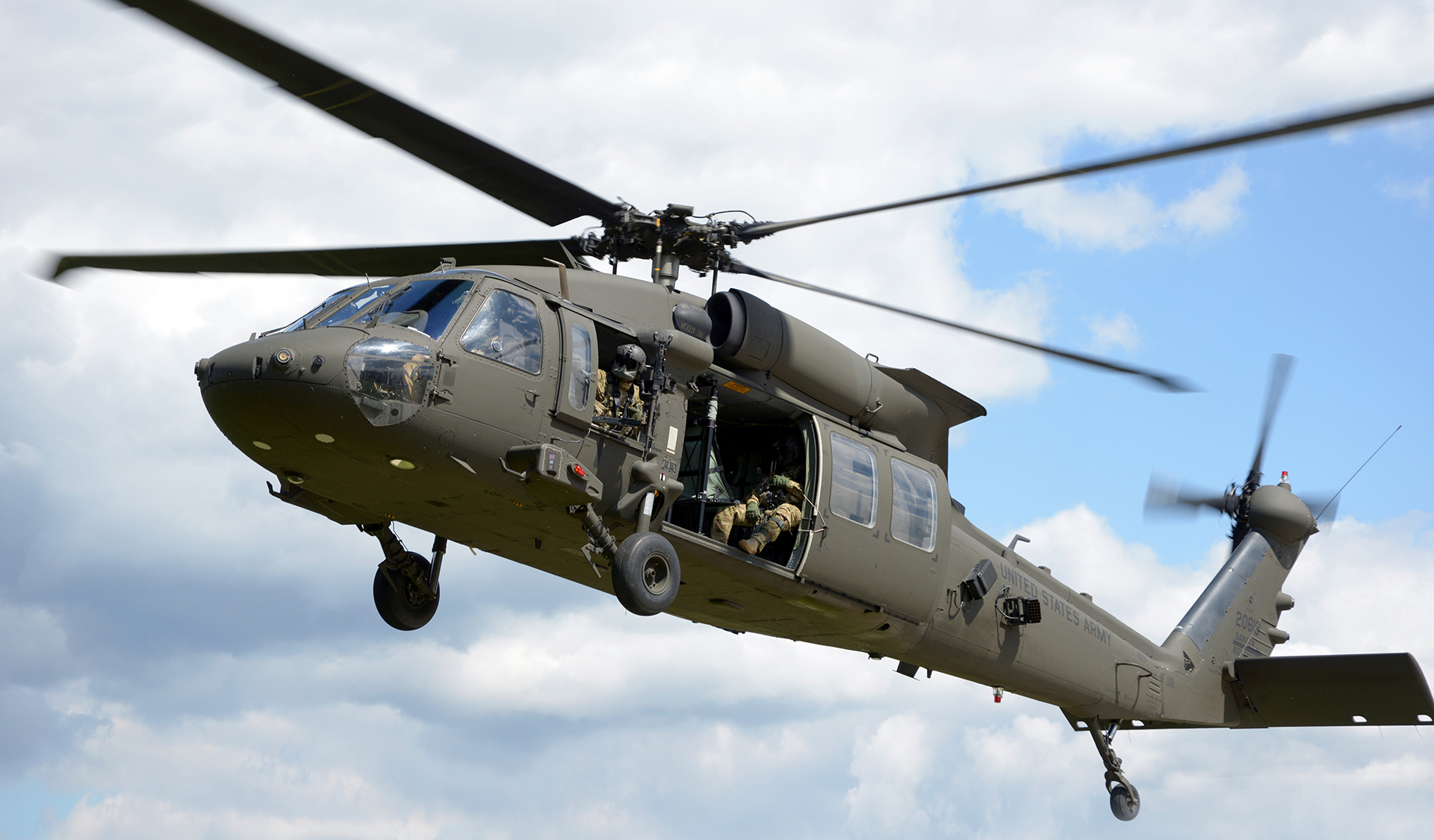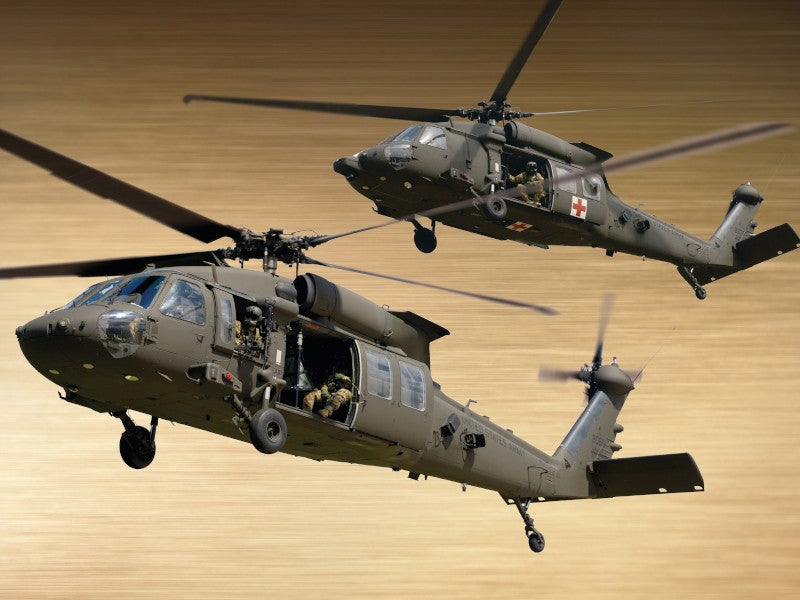UH 60 Helicopter: Advanced Avionics and Combat Equipments
UH 60 Helicopter: Advanced Avionics and Combat Equipments
Blog Article
The Function of Aircraft fit International Transportation and Trade Characteristics
The development of airplane has actually indelibly changed worldwide transport and profession characteristics, helping with unprecedented degrees of connection and efficiency. Via the facility of durable air freight networks, services can now browse worldwide markets with amazing speed and dexterity, thus redefining supply chain strategies. This improvement is not without its challenges, as the air travel industry grapples with sustainability worries and regulatory stress. As we explore the diverse influences of aircraft on international profession, it is necessary to take into consideration how these elements will form the future landscape of aeronautics and its function in the economy.

Advancement of Air Transportation
The development of air transportation has actually been noted by considerable technical improvements and developments that have transformed the means people and goods cross the globe. From the Wright siblings' first powered trip in 1903 to the development of supersonic jets, each landmark has emphasized the ruthless pursuit of efficiency and rate in flight. Early airplane were primarily primary, limited by engine power and structural honesty. The introduction of advanced products and the rules of aerodynamics in the mid-20th century led to significant improvements in aircraft performance, safety and security, and dependability.
The latter part of the 20th century witnessed the introduction of commercial aeronautics as a practical setting of transport, defined by the intro of jet engines, which transformed air travel by considerably reducing flight times. The rise of air freight in parallel with passenger services has actually further highlighted the flexibility of air travel.
Influence On Global Profession
Air transportation has actually profoundly improved global profession by promoting the swift motion of goods throughout vast distances. This expedited logistics ability allows services to respond quickly to market demands, therefore enhancing supply chain effectiveness. The capacity to transport disposable goods, high-value products, and time-sensitive items has opened up brand-new markets and chances for numerous industries, substantially influencing trade patterns.
In addition, the development of air freight networks has actually fostered globalization, allowing firms to source materials and items from various parts of the world flawlessly. This interconnectedness decreases lead times and expenses, enabling businesses to stay affordable in an increasingly global industry. Additionally, air transportation plays a crucial function in shopping, where consumer expectations for quick distribution have actually driven a surge sought after for air cargo solutions.
The impact of aircraft on global trade reaches the creation of calculated profession courses, connecting areas and facilitating worldwide partnerships. Nations that purchase air transportation framework often experience improved economic growth and boosted international straight financial investment. Overall, the evolution of air transportation has not only transformed the logistics landscape however has likewise end up being an important element in the dynamics of worldwide trade.

Economic Advantages of Aeronautics
A robust aeronautics sector produces significant financial benefits, adding to work production, tourism, and overall financial development - uh 60. The aeronautics market supports numerous work internationally, ranging from straight work in airlines and airport terminals to indirect roles in sectors such as hospitality, transport, and logistics. According to industry records, for every single task in the aviation field, around 3.5 additional tasks are created in the wider economic situation
Tourist is an essential element of the financial benefits derived from aeronautics. Flight facilitates worldwide tourist, permitting tourists to explore varied locations, which in turn promotes local economies. Countries that buy their air travel framework frequently experience increased vacationer arrivals, bring about higher investing on solutions such as dining establishments, destinations, and hotels.

In addition, air travel boosts worldwide connection, enabling organizations to access new markets and sources efficiently. This connectivity fosters worldwide profession, enabling the rapid movement of products, which is crucial in today's globalized economic climate. As a result, markets such as e-commerce and manufacturing advantage greatly from reputable air transportation, further driving financial development. Generally, the aviation field remains a cornerstone of economic find this vitality, highlighting its important duty fit modern-day economies.
Challenges Dealing With the Aeronautics Industry
Browsing an intricate landscape of regulative, ecological, and economic challenges, the aviation sector faces substantial obstacles that intimidate its sustainability and growth. Laws surrounding security and security are continuously evolving, requiring continuous conformity and adaptation from manufacturers and airline companies (uh 60). This can cause increased operational prices and resource appropriation that diminishes advancement and development efforts
Furthermore, environmental problems have become extremely important, with expanding scrutiny over carbon exhausts and environmental pollution. The sector is under pressure to take on greener methods and modern technologies, which commonly require significant investment in study and development. Balancing these environmental duties with the demand for air traveling provides a substantial challenge.
Financial fluctuations, such as increasing fuel costs and geopolitical unpredictabilities, even more complicate the landscape. Airline companies frequently grapple with volatile operating expense and varying guest demand, which can influence success and long-lasting planning. click reference Labor lacks and skill spaces in critical areas include another layer of complexity, impeding functional effectiveness.
Eventually, attending to these diverse difficulties is necessary for the air travel market to preserve its critical duty in worldwide transport and trade, while making sure durability and adaptability in an increasingly open market.
Future Patterns in Flight
Arising innovations and shifting consumer choices are poised to reshape the future of air traveling dramatically. The combination of expert system and device understanding is expected to enhance functional effectiveness, improve flight terminal procedures, and improve customer support. Predictive analytics will assist in much more accurate demand projecting, permitting airline companies to maximize trip schedules and prices designs.
Sustainability is ending up being a crucial motorist in flight, with the aeronautics sector progressively concentrated on minimizing carbon exhausts. Innovations in aircraft design, such as electric and hybrid propulsion systems, are being discovered to fulfill ecological targets. Moreover, the adoption of sustainable aviation fuels (SAFs) is anticipated to play a critical duty in attaining net-zero exhausts by 2050.
Consumer preferences are changing in the direction of customized travel experiences. Airline companies are buying sophisticated information analytics to customize services and enhance consumer interaction, guaranteeing a more tailored trip from booking to arrival. In addition, the increase of remote work might cause raised need for recreation travel, as individuals seek to combine job and holiday.
Conclusion
The advancement of air transportation has transformed global trade, generating significant economic advantages while additionally providing difficulties that call for critical administration. The recurring adaptation of the aviation market will certainly be important for sustaining its payments to the worldwide economic situation.
The latter part of the 20th century experienced the appearance of commercial aviation as a practical setting of transportation, identified by the intro of jet engines, which revolutionized air traveling by considerably decreasing flight times. The rise of air freight in parallel with traveler services has better underscored the flexibility of aeronautics. In addition, air transportation plays a critical duty in e-commerce, where consumer assumptions for fast distribution have driven a rise in demand for air freight solutions.
On the whole, the evolution of air transport has not just transformed the logistics landscape but has also end up being an essential component in the characteristics of global trade.
Sustainability is coming to great post to read be a vital motorist in air travel, with the aviation industry increasingly concentrated on lowering carbon exhausts.
Report this page